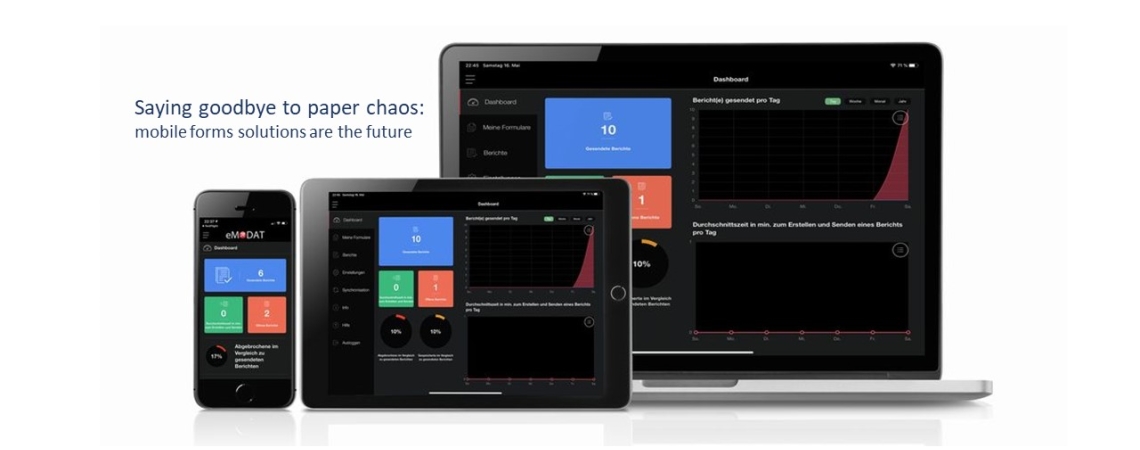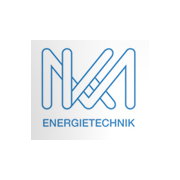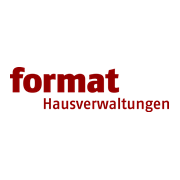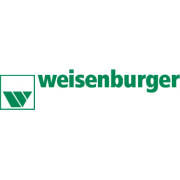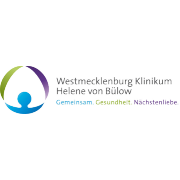World Paper Free Day is officially set for November 6. This campaign draws attention to the problem of paper waste and aims at creating awareness of the situation and inspiring businesses to reduce their consumption by imagining a paper-free future.
Paper is still used widely throughout the western world. In Germany alone, the average consumption of paper is 241.7 kilos per year for every single individual, according to a study in 2018. That astonishing figure is one of the worst in the world but it still goes to demonstrate that the so-called paperless office is more of a fantasy than a reality.
And yet, it does not have to be this way. Yes, people have been using paper for a long time and they have got used to it. Old habits apparently die hard. In 2020, despite all the technological improvements that are designed to allow for more efficient processes, the majority of office workers, for example, still prefer to take notes with a pen and paper than to use a tablet or smartphone. Even when digitization is in place, it is often the case that digital forms will be printed simply so they can be signed. Then, they are scanned and the originals are either destroyed or piled up and stored in file cabinets. Surely, this is a wasteful form of paper consumption (and a waste of time) that the world could do without?
First of all, it is a burden on the global environment. Bear in mind that almost half of the wood humans use goes into the production of paper products. Not to mention the immense amount of water and energy needed to produce the pulp, something else that should be regarded as a more precious resource in its own right. Seen from a purely economic standpoint, the use of paper is inefficient with so many associated costs with a single-use item like paper. Conversely, digitization speeds up processes, boosts productivity and saves valuable time, money and storage space.
Obviously, an absolute “paper cutback” may not be feasible for every business. The world is not black and white. However, even a small reduction can bring tangible results. Recognizing change might be needed and evaluating which manual processes could be automated and standardized is a good start, one that gains even more significance amidst a pandemic.
As a leading force in the field of digitalization, Devacon feels that it is part of its mission to support the World Paper Free Day initiative. Our mobile solutions and forms facilitate the shift from paper-based to automated, digital business processes. Property management companies, for instance are increasingly relying on digital protocols for their property inspections using a digital sign off, while hospitals use them for patient surveys. Equally, field engineers or insurance companies can record all the details they need for a claim to be made along with photographs, dramatically accelerating the underlying process and increasing transparency and satisfaction levels. All processes are digitally archived and can be retrieved at any time. But it does not end there. Thanks to a database integration, companies can automatically export and import data out of/ in the forms, eliminating all unnecessary manual processes.
No matter from which side you look at it, be it costs, business process efficiency, data security or even environmental protection, the move toward paperless processes is rife with benefits for virtually any business and is an important step in the digital transformation many companies aspire to undertake

